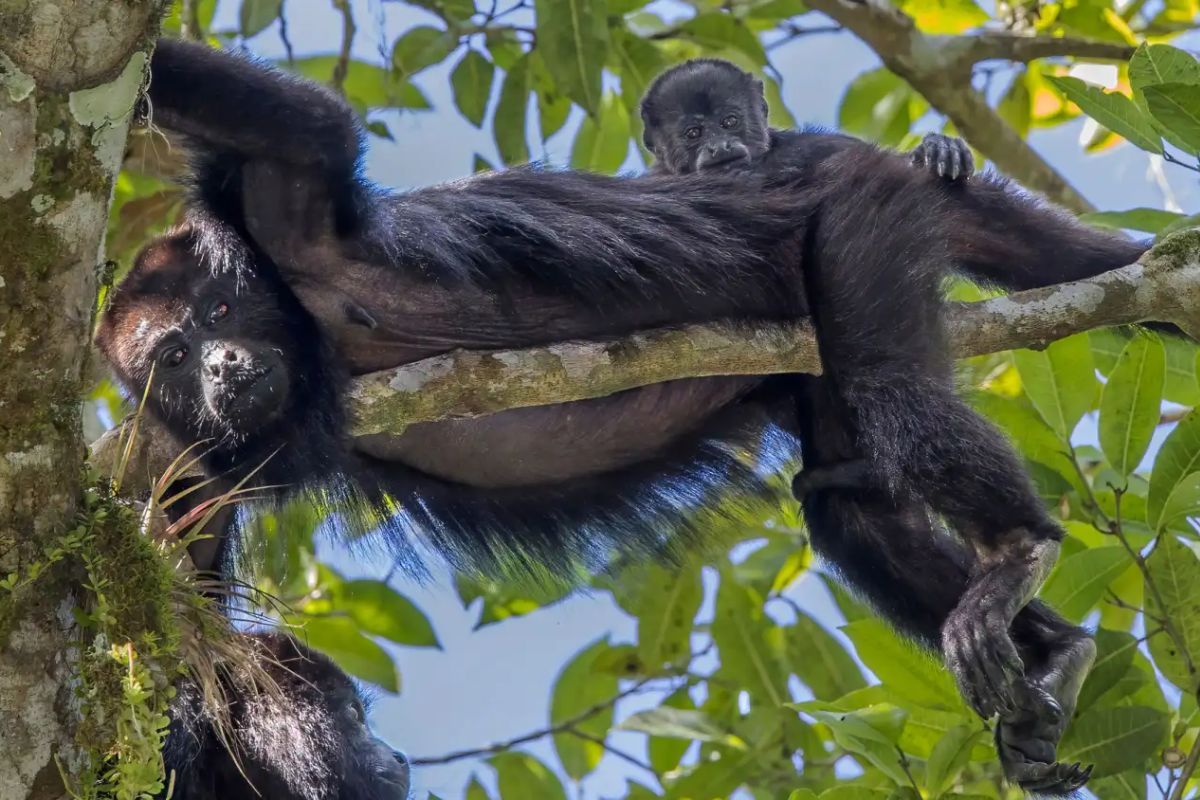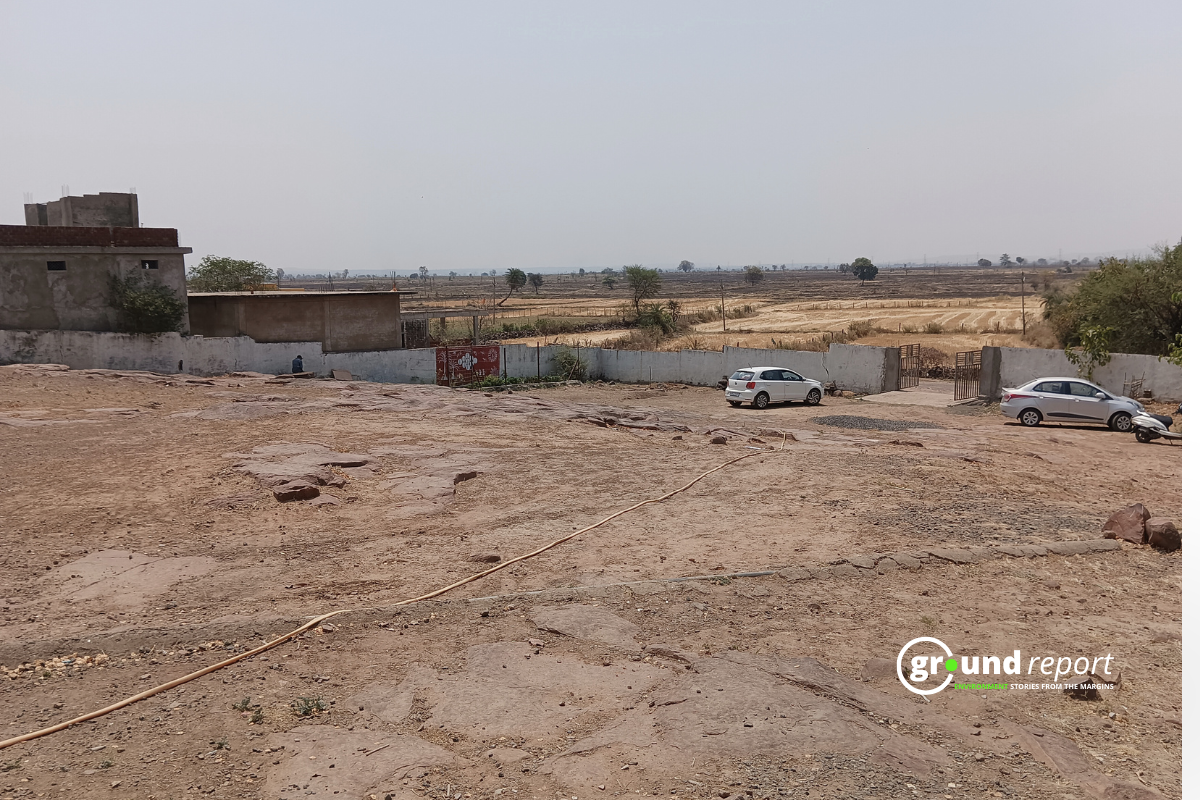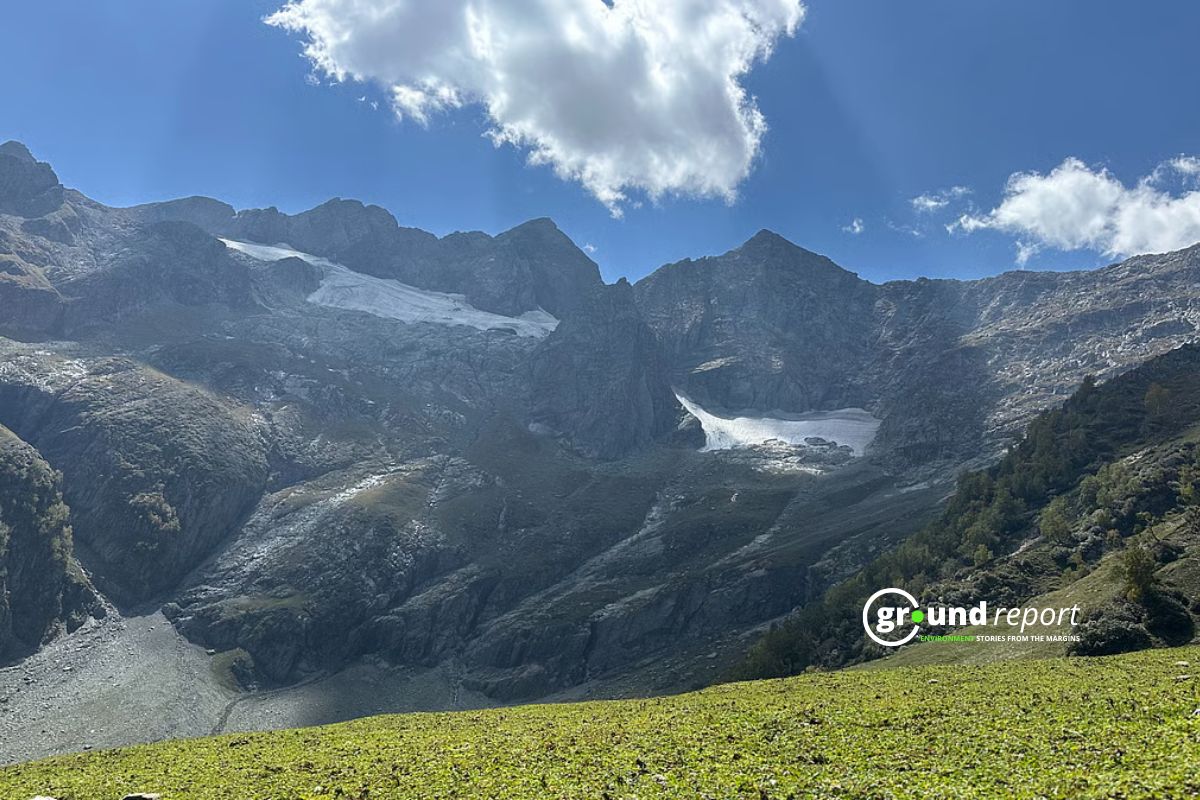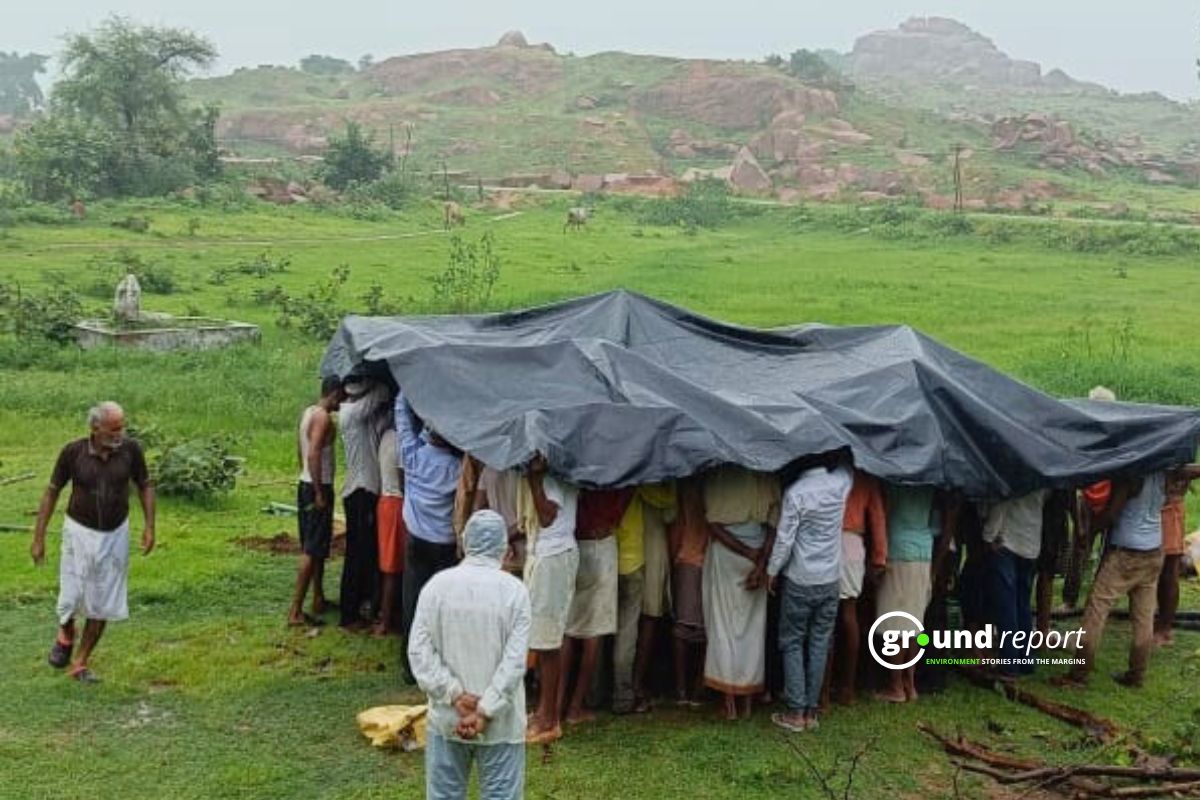The intense heat wave sweeping across Mexico has led to the deaths of dozens of monkeys in the Tabasco jungle. Recent days have seen at least 83 howler monkeys perish due to the extreme temperatures, which have reached a scorching wind chill of 53 degrees Celsius.
According to a media report, residents of the Bioparque Saraguatos reserve ventured into the jungle to assist the animals suffering from Mexico’s third heat wave this year. This region, located south of Villahermosa in Tabasco, has been severely impacted by temperatures exceeding 45 degrees Celsius.
Residents of Buenavista, Tabasco, carried jugs of water and fruits to hydrate and revive the affected monkeys. Witnesses reported seeing dozens of dead howler monkeys both on the ground and in the trees. The surviving monkeys were in critical condition and were transported to a local veterinary clinic for emergency care.
Brenda Méndez, a veterinarian in the area, reported that the primates arrived at the clinic unconscious. “They were extremely dehydrated and had high body temperatures,” she said. “Some had hyperthermia, with temperatures reaching 42 or 43 degrees Celsius. After analysis, it was discovered that the howler monkeys were also suffering from a bacterial infection.”
The monkeys succumbed to heat stroke, which weakened them to the point where they could no longer stand and ultimately fell from the trees.
Heatwave & deforestation killing howler monkeys
Meanwhile, volunteers and firefighters from the town of Tecolutilla rescued more primates and transported them to local clinics. Biologist Gilberto Pozo noted that the deaths of the howler monkeys began on May 5 and intensified over the past weekend, coinciding with the highest temperatures recorded in 2024.
Alejandro Moreno, an environmentalist and representative of the organization El Aullido del Mono, stated that both high temperatures and deforestation have contributed to the primates’ deaths. “They have no food or means to hydrate themselves. Heat stroke is also exacerbating other issues, such as bacterial and parasitic infections,” he explained.
Para las personas que se están preguntando que es lo que se hace de forma inmediata ante la mortandad de los monos…
Posted by Conservación de la Biodiversidad del Usumacinta A.C. on Wednesday, May 22, 2024
In the town of Tecolutilla, Tabasco, dead monkeys started appearing on Friday when a local volunteer fire-and-rescue squad arrived with five primates desperately needing water, fruit, and cooler temperatures.
Wildlife biologist Gilberto Pozo told The Associated Press, “Something is happening in the region in terms of climate and its degradation. A link in the ecosystem is disappearing.”
The lack of water is affecting more than just the monkeys. Mexico is experiencing an extreme drought, leading to a severe water supply crisis. Millions of people in Mexico City are facing a dwindling supply of fresh drinking water, and experts warn it is on the verge of running out.
Howler monkeys: Neotropical, abundant primates
Howler monkeys, also known as saraguatos or carayá, are platyrrhine primates belonging to the Atelidae family. They are found in tropical regions of the Americas, from southern Mexico to northeastern Argentina, and are the most abundant primates in the Neotropics.
These monkeys play a crucial role in forest ecosystems by dispersing seeds from the plants they consume, which aids in forest regeneration. Their presence also helps control populations of insects and other small animals.
The International Union for Conservation of Nature (IUCN) classifies several species of howler monkeys as endangered or critically endangered. The primary threats to their survival include habitat loss due to deforestation and the impacts of climate change.
Keep Reading
Part 1: Cloudburst in Ganderbal’s Padabal village & unfulfilled promises
India braces for intense 2024 monsoon amid recent deadly weather trends
Support us to keep independent environmental journalism alive in India.
Follow Ground Report on X, Instagram and Facebook for environmental and underreported stories from the margins. Give us feedback on our email id greport2018@gmail.com.
Don’t forget to Subscribe to our weekly newsletter, Join our community on WhatsApp, and Follow our YouTube Channel for video stories.









